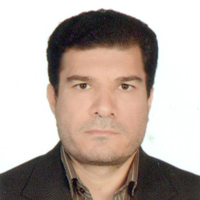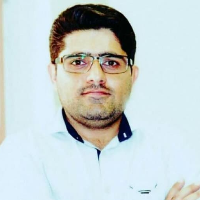Artificial intelligence and the continuity of power in Iran's foreign policy (physical deterrence, club/fear and deterrence strategy)
One of the most challenging topics of Iran's foreign policy during the years after the Islamic revolution, especially during the last decade, has been the issue of big data. During these years, few theoreticians and theoreticians have tried to process this challenge, but part of this important has been realized in this article. These conditions lead to raising the question of how artificial intelligence in the theoretical framework of the continuum of power - in this article specifically the three components of physical deterrence, club/fear and deterrence strategy - affects the decision-making of Iran's political leaders and their success in forming a strategy. Has the international influence? The hypothesis of the current research is based on the argument that according to Christopher Hill's power continuum theory, among the nine variables in this continuum, three components of physical deterrence, club/fear and deterrent strategy tending to hard power have played a role. The findings of the research mention the three mentioned components as the most important factors in achieving the implementation of hard power in the era of artificial intelligence in Iran's foreign policy. However, it does not ignore the influence of the other 9 variables of the mentioned continuum. In the current research, a descriptive qualitative method and electronic and written sources have been used.
-
China–Middle East Relations Amidst the Backdrop of Confrontation With Russia: Opportunities and Challenges
Vahid Afrasiaban *, Seyed Jalal Dehghani Firouzabadi
Journal of Strategic Research of Politics, -
Factors Affecting Regional Security Governance in West Asia (2011-2020): A Comparative Study of Iran, Turkey, and Saudi Arabia
Syed Jalal Dehghani Firoozabadi, Hossein Salimi, Gholamali Chegenizadeh, Samira Akbari *
Journal of Strategic Studies, Winter 2025 -
Artificial Intelligence and Problematization of National Security Topics
Seyed Jalal Dehghani Firozabadi, *
Journal of Strategic Research of Politics,



